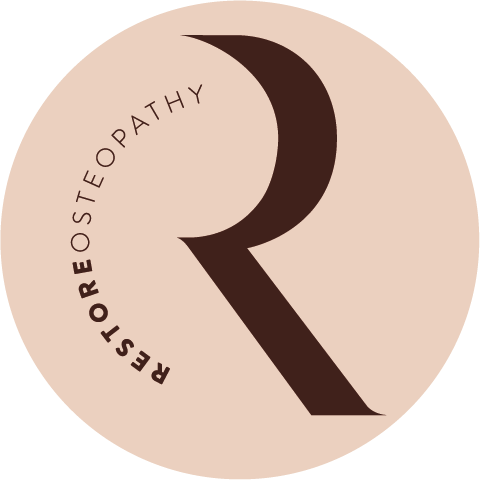Your Brain On Meditation
One of the main reasons I wanted to start a blog was to bridge the gap between science and yoga. Too often, when I recommend meditation, it is brushed off as being insignificant. And to be honest, a few years ago, I would have felt the same.
For many years, Western medicine has known the benefits of meditation, not through PubMed research studies, but through real-life experience. Unfortunately, their subjective findings were often pushed aside in the medical world. Luckily however, Eastern medicine finally jumped on board, and increasing numbers of up-to-date research on meditation has been made accessible to the public.
So, let’s get to it…
1. Decreased Stress Response
Research studies have found that meditation can lead to an increased ability to handle stress. The subject still acknowledges stressful stimuli, but has a reduced stress response (fight or flight) and is therefore less affected by it.
A few explanations have been proposed for this reduction of stress. One of which is a decrease in right amygdala activity. The right amygdala is the part of your brain associated with the activation of the ‘fight or flight’ stress response. Many studies have shown a link between decreased right amygdala activity and meditation practice. For example, Leung et al (2017) found that their meditating group displayed significantly reduced anxiety and right amygdala activity during negative emotional processing (exposure to negative images) than the control group.
Ellingsen and Holen (2008), Lutz et al (2008) and Davidson (2010) proposed that meditation practices which allow thoughts, emotions, memories and images to pass freely without judgment or suppression, may eventually reduce stress by increasing awareness and acceptance of our emotions, without the need to control them.
2. Higher Emotional Processing
The results of Xu et al’s (2014) study found a link between nondirective meditation (allowing the mind to wander) and increased activation of the default mode network, an area of the brain associated with sporadic memories and emotional processing.
Put simply, this means that when you allow your mind to wander during meditation, you engage in a very high degree of mental and emotional processing, more so than you would get if you were asleep.
Improvements in emotional processing are a frequently cited explanation of how meditation leads to psychological health benefits (Roemer et al, 2015).
3. Decreased Work Stress and Increased Work Satisfaction
Bostok et al’s (2018) study “Effects of a mindfulness meditation app on work stress and well-being” results found that listening to brief mindfulness meditations (in this study, they used the app ‘Headspace’) multiple times a week for 8 weeks improved well-being and decreased distress in a working sample of midlife adults.
Specifically, practicing short, guided mindfulness meditation sessions improved global well-being, daily positive affect, anxiety and depressive symptoms, job strain, and workplace social support, compared to the effects of having minimal education about stress reduction. The improvements found in well-being, depressive symptoms and job strain were sustained for two months after the intervention end-point
Other studies supported this theory and found that practicing mindfulness may have led to increased sense of job control by increasing the participants’ self-efficacy over handling work-related demands (Loucks et al, 2015), ability to control attention (Jha et al, 2015) or control emotional responses to stressful situations.
4. Stronger Social Connections
Emerging evidence suggests a link between practicing meditation and increases in prosocial behaviour, such as coming to the direct aid of someone in pain (Condon et al, 2013, Lim et al, 2015). Increased compassion towards others may be the mechanism by which mindfulness meditation improves social connections and support (Cosley et al, 2010).
5. Reduce Biological Age
We have two different ages, a chronological age and a biological age. Chronological age is defined as how many years have passed. Biological age is determined by the health of our tissues. Your biological age can be a lot higher than your chronological age if you’re exposed to too much physiological or psychological stress. For example, when Dr Martin Luther King Junior died, he was 39 years old. When they carried out the autopsy they said if they didn’t know that he was 39, they would have said it was a body of a 60-year-old. He was under so much stress and pressure that his biological age was over 20 years beyond his chronological age.
In the last 30 years or so, it has come to light that meditation has a reversal effect on biological aging. A study published in the International Journal of Neuroscience found that if you had a matching chronological and biological age when you get to 30, then started meditating every day, by the time you reach 35 years old, you would have the skin elasticity, sexual responsiveness, vision, memory and auditory threshold of a 23-year-old version of yourself. Your biological age will be 7 years younger than you were when you first started meditating.
There have been many more scientifically-proven benefits of meditation and this blog post only touches the surface! In my personal experience, I have found that with regular meditation practice, I’m less affected by external influences than I used to be and I find it a lot easier to let go. I hope this inspires a few people to start a daily meditation practice and watch as the benefits unfold!

